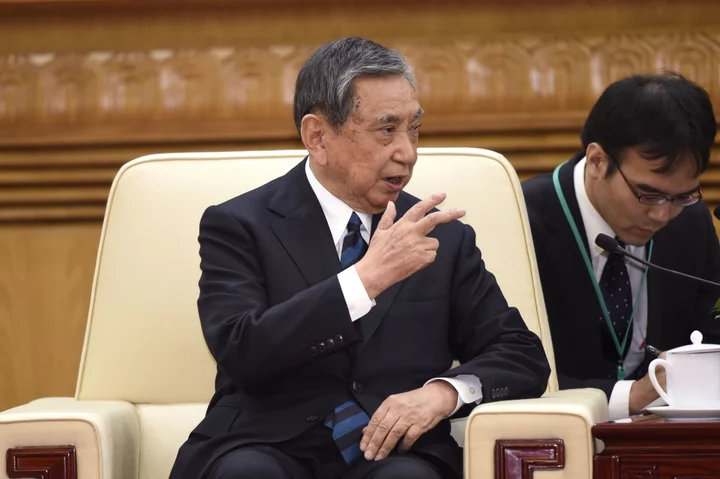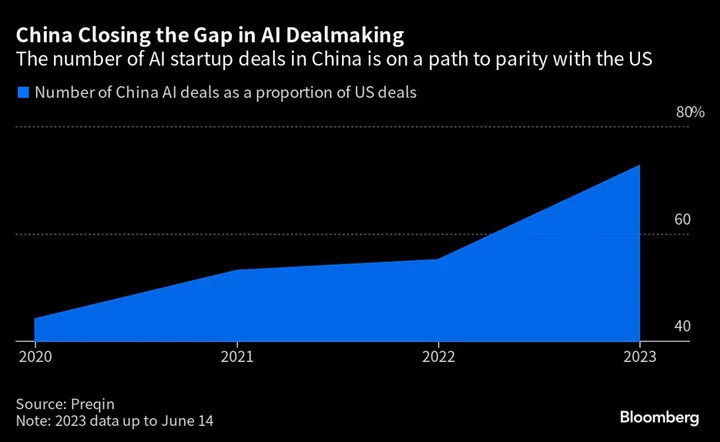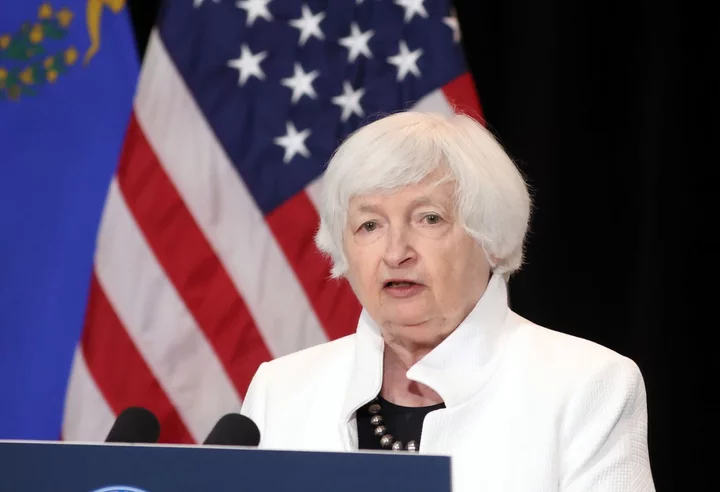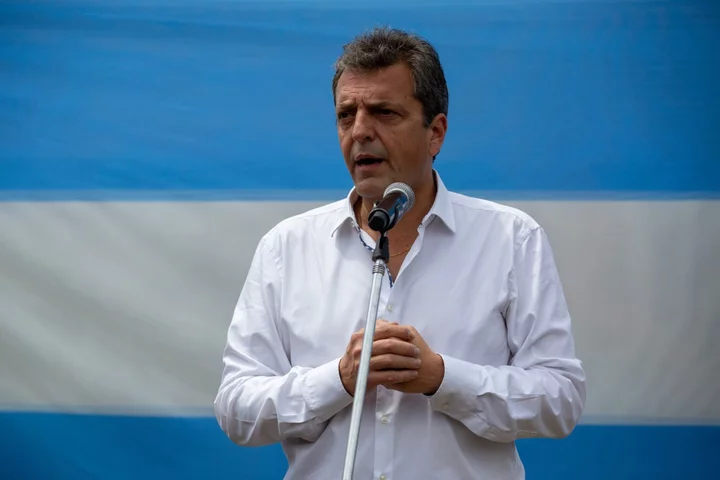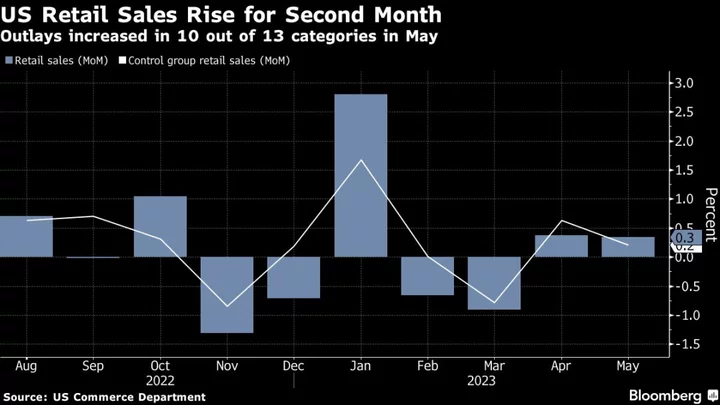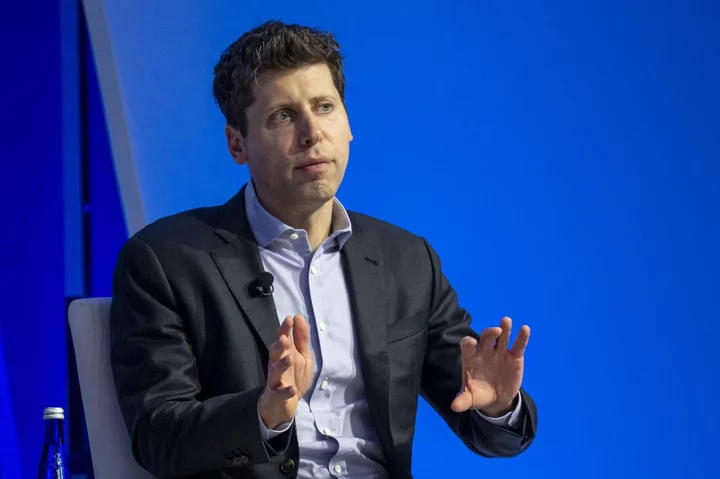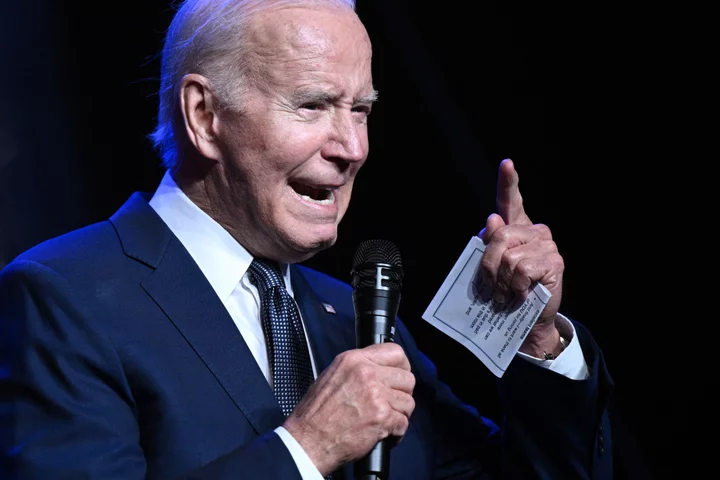Chinese Premier Li Qiang said Tokyo’s impending export controls on cutting-edge chip equipment will damage the global economy, according to a Japanese former senior official.
Li told Yohei Kono he had reservations about the restrictions and urged countries not to mix politics with economics during a meeting on Wednesday, the former Japanese foreign minister’s secretary, Kazuo Koga, said in a press briefing.
The Chinese premier added that Europe’s economic outlook was grimmer than that of Japan or China, according to Koga, who attended the meeting along with the Japanese ambassador to China and nearly 80 members of a business delegation.
The Eurozone fell into recession in the first quarter, with the bloc’s economy shrinking 0.1% between January and March, according to data released last month. In contrast, Japan’s economy expanded at a faster pace than initially expected, while China’s economy grew albeit at a weaker rate.
Chinese state media coverage of the meeting didn’t directly mention export controls or Europe’s economy, instead focusing on expanding business ties with Japan. “China will, as always, support Japanese companies in expanding investment in and cooperation with China,” Li said, according to the official Xinhua News Agency.
Bilateral relations between China and Japan are tense. Beijing has criticized Japan’s plans to release treated nuclear wastewater into the Pacific Ocean, and sees Tokyo’s increased military ties with the US, South Korea and other partners as an attempt to encircle China.
Tokyo also signed a Group of Seven statement in May that backed de-risking — a policy seen by Beijing as aimed at containing China’s development.
For its part, Tokyo is unhappy about the intrusion of Chinese coast guard ships into waters claimed by both sides but controlled by Japan, the recent arrest of a Japanese pharmaceutical executive and China’s increasingly aggressive military actions around Taiwan.
These issues were not directly mentioned in readouts of the meeting from either side. Kono referred obliquely to these issues, noting that investment from Japan into China was falling and asking Li to improve the overall environment.
Despite the tensions, there are signs China wants to improve ties with Japan. This week’s meeting had been repeatedly postponed at China’s request before being finally allowed to take place, according to a person with knowledge of the planning.
China’s top diplomat Wang Yi on Monday attended an event about ties with Japan and South Korea, during which he called for solidarity among East Asian nations. That bolstered expectations the three countries could this year resume an annual leaders’ summit that was paused during the pandemic.
Kono told Chinese Commerce Minister Wang Wentao in a meeting Wednesday that many Japanese business executives living in China were concerned about the country’s recently updated anti-espionage law.
Wang asked Japanese companies to help stabilize supply chains, according to a statement from the Commerce Ministry.

